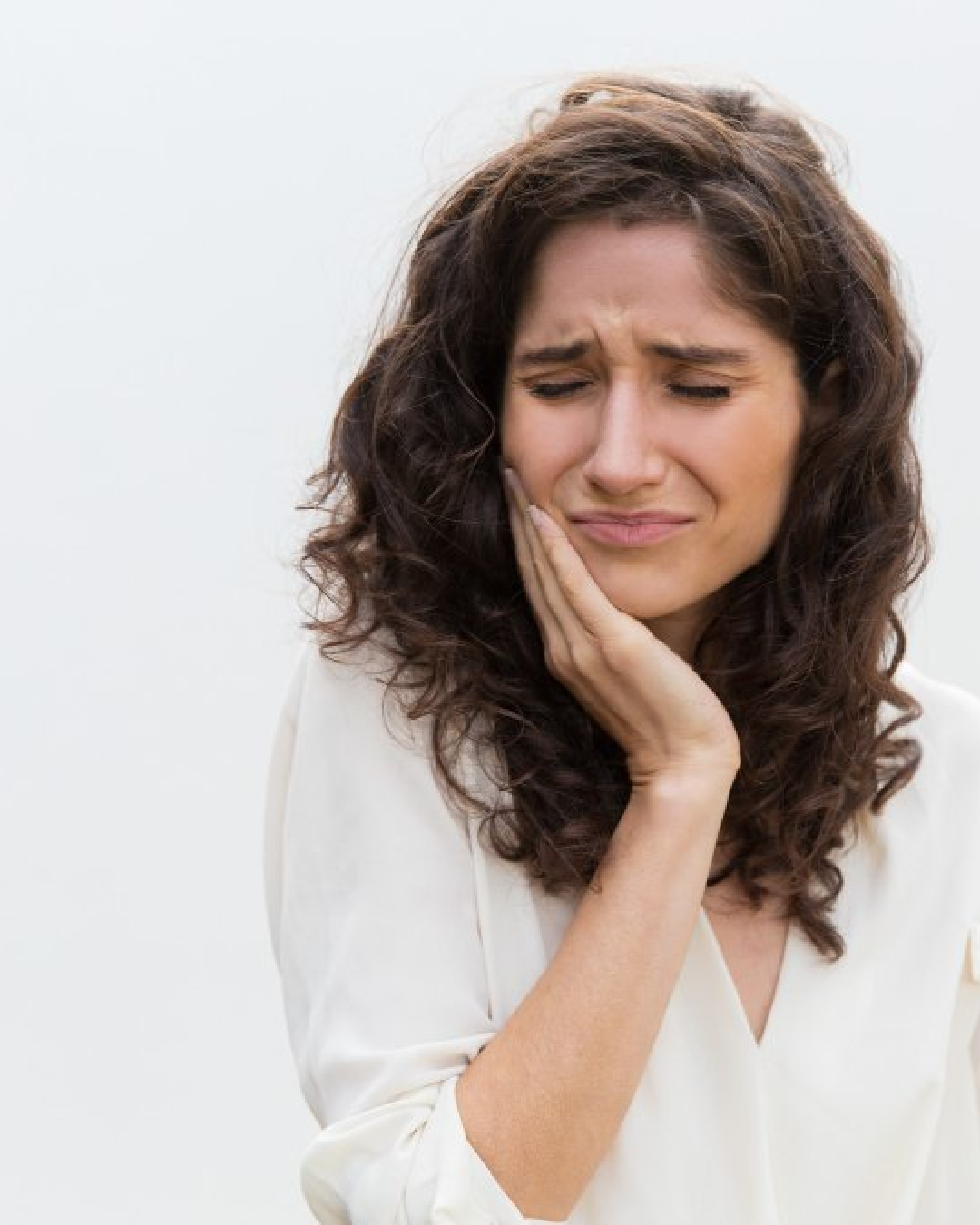Teeth Grinding
Teeth grinding can cause a number of problems, including muscle pain, headaches, tooth damage, and jaw disorders. Learn everything you need to know about it in this guide.
What is teeth grinding?
Teeth grinding, also known as bruxism, is a condition in which a person clenches their teeth and jaw tightly and then moves their bite back and forth. This can happen during the day or at night, and it often happens in response to stress. Teeth grinding can cause a number of problems, including muscle pain, headaches, tooth damage, and jaw disorders. It can also lead to sleep disruptions. If you think you may be grinding your teeth, it's important to see a dentist or doctor so that they can help you find a treatment plan that works for you.

What causes teeth grinding?
There are a number of possible causes of teeth grinding, including:
- Stress
- Misaligned teeth
- Sleep disorders
- Side effects of certain medications.
Some people may grind their teeth only occasionally, while others may do it on a nightly basis. In severe cases, teeth grinding can lead to headaches, jaw pain, and damage to the teeth.
If you suspect that you or your child may be grinding their teeth, it is important to see a dentist or doctor for an evaluation. Treatment options include lifestyle changes, mouthguards, and behavioral therapy.
How do I know if I grind my teeth at night?
Many people are not aware that they grind their teeth until they start to experience symptoms such as headaches, jaw pain, or tooth sensitivity. Others may notice that their teeth are worn down, cracked, or chipped.
If you think you may be grinding your teeth at night, the best way to confirm is to schedule an appointment with your dentist.
During a dental exam, your dentist will look for signs of tooth grinding and can make recommendations for treatment. In some cases, your dentist may recommend wearing a mouth guard at night to protect your teeth from further damage.
If you think you may be grinding your teeth, don’t wait to see your dentist – the sooner you get treatment, the better!

Teeth grinding treatment options
There are a number of different treatment options available for teeth grinding, also known as bruxism. The first step is to try to identify the underlying cause of the bruxism, which may be stress, misaligned teeth, or sleep apnea. Once the cause has been identified, there are a number of different treatments that can be effective in reducing or eliminating bruxism.
These include lifestyle changes, such as reducing stress or changing sleeping habits; dental treatments, such as wearing a mouth guard or getting dental appliances to realign the teeth; and medical treatments, such as Botox injections or prescription medications. In severe cases, surgery may be necessary to correct the problem.
Talk to your dentist or doctor to find out which treatment option is right for you.